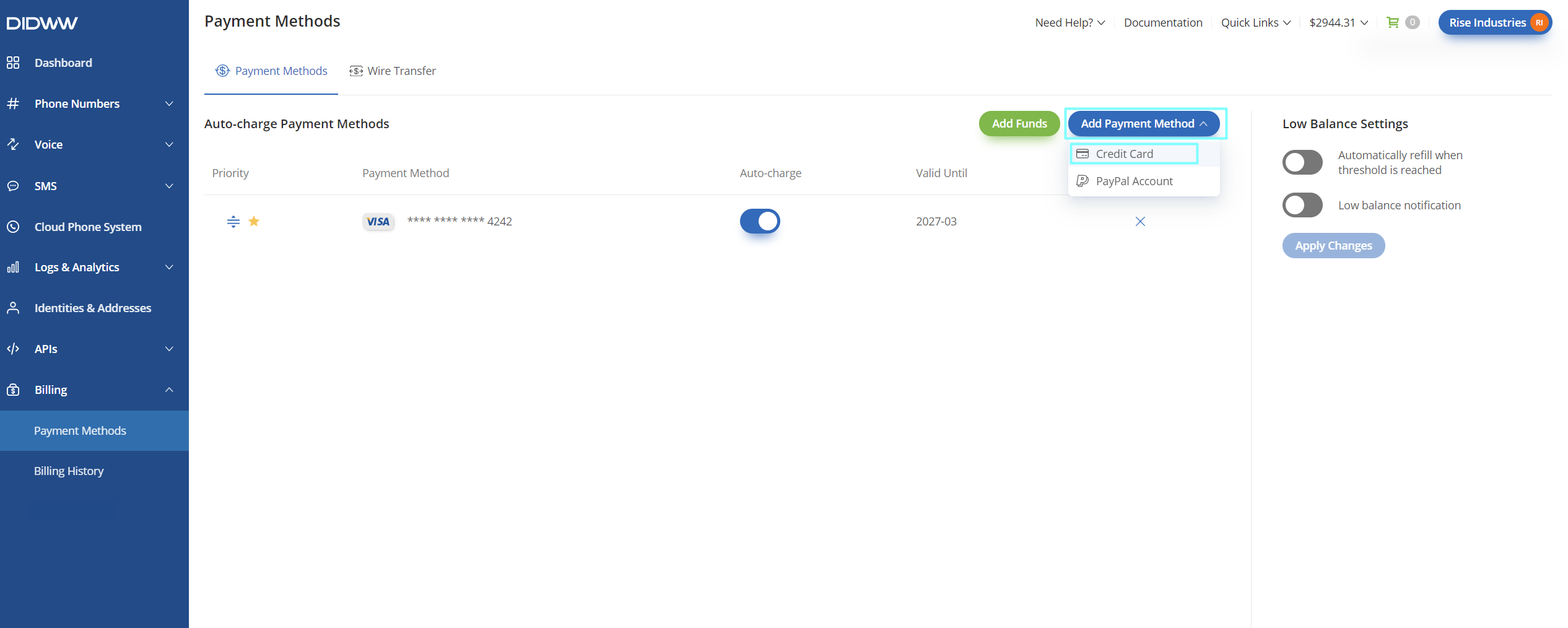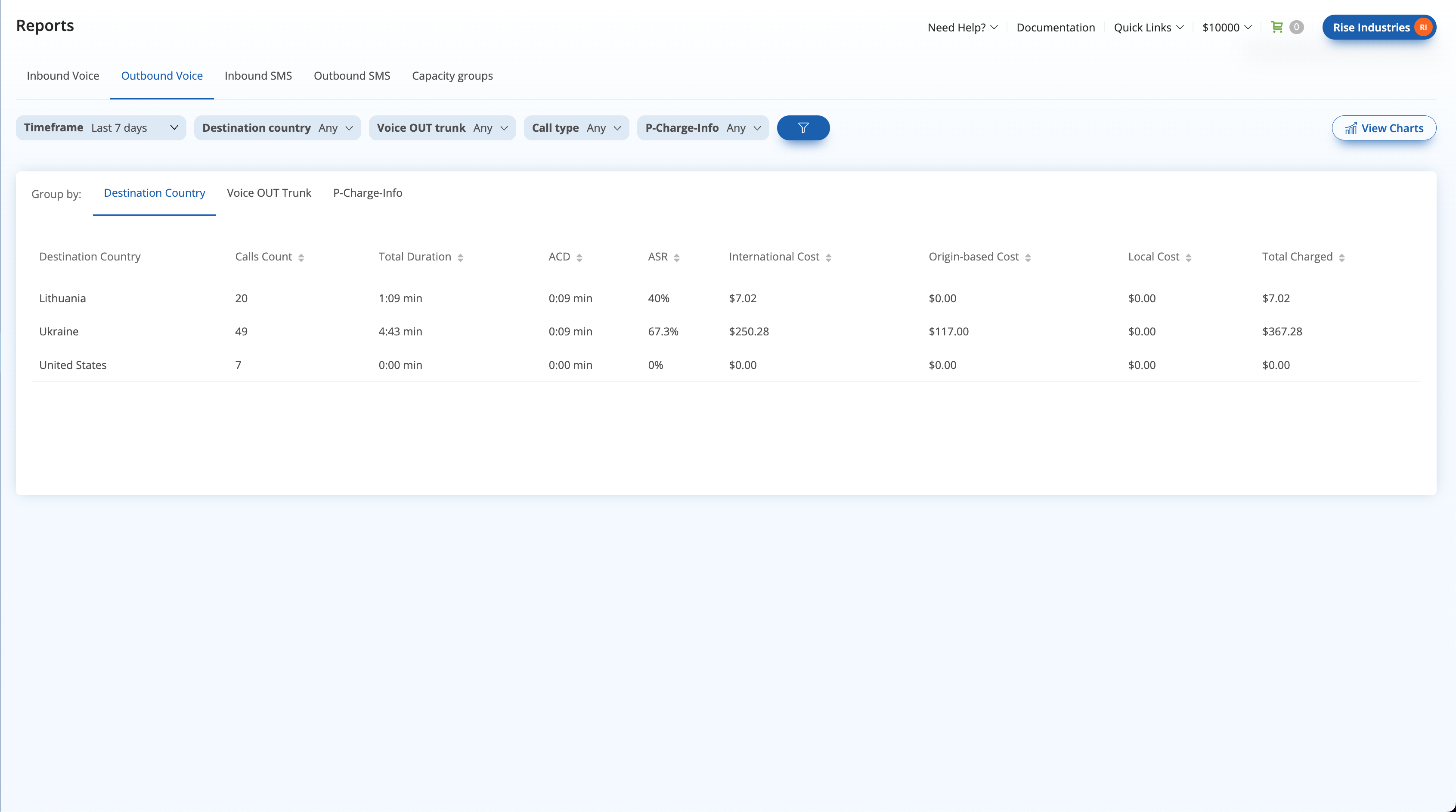Inbound SMS Logs
Inbound SMS logs provide detailed records of inbound SMS activity. These logs are essential for monitoring, analysis, and troubleshooting.
Inbound SMS Log Filters
Various filters are available to help you locate the exact SMS logs.
Filter Name |
Description |
|---|---|
Time Received (UTC) |
Filter logs for specific time ranges: |
Destination Address |
Filter logs by specific destination numbers using |
Status |
Filter logs by SMS status: |
Trunk Type |
Filter logs by trunk types: |
Source Address |
Filter logs by specific source numbers using |
SMS Trunk |
Filter logs by specific trunks. |
SMS ID |
Filter logs by the unique SMS ID assigned to each message. |
Tip
You can filter multiple values in SMS log filters, such as source or destination addresses,
by entering the values separated by commas (,), or spaces. For example, enter 123,456 or 123 456
to filter multiple entries in a single field.

Fig. 1. Inbound SMS Log Filters.
Inbound SMS Logs
The following fields are included in the inbound SMS logs:
Field Name |
Description |
|---|---|
Time Received (UTC) |
The time when DIDWW received the SMS message. |
Time Sent (UTC) |
The time when the SMS message was sent to the user’s trunk. |
Status |
Indicates whether the SMS was successfully delivered or failed. |
Reason |
If delivery failed, this field shows the reason for the failure. |
Source Address |
The source number from which the SMS was received. |
Destination Address |
The destination number (DID) to which the SMS was sent. |
Trunk / Type |
The trunk to which the SMS was sent. |
Destination |
The final destination of the trunk (e.g., IP address for SMPP trunks or email for SMS to Email). |
Fragments |
Displays the number of SMS fragments in the format: |
Attempt |
The number of attempts to deliver the SMS to the user’s end destination. |
SMS ID |
The unique identifier assigned to each SMS message. |
Billed Fragments |
The number of SMS fragments that were billed. |
Charged (USD) |
The cost of the SMS message. |

Fig. 2. Inbound SMS Logs.
Note
Incoming SMS messages are billed if they reach DIDWW but fail to deliver to the user’s destination.
If a DID number is not assigned to an SMS trunk, incoming messages will not be billed.